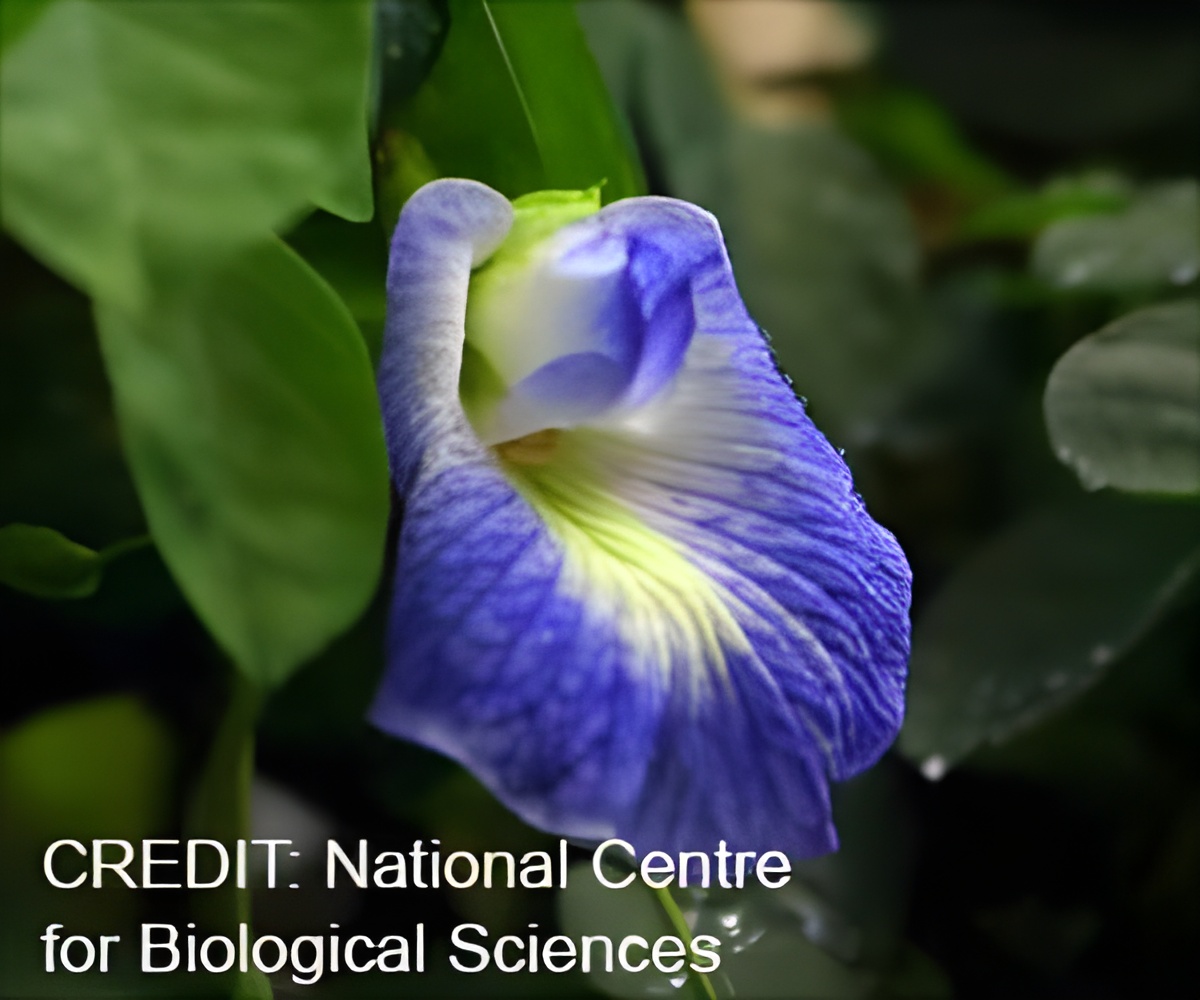Plant extract of the butterfly pea plant has properties that can help in neuroprotection and prevent the progression of Alzheimer’s disease.

‘Plant extract (cyclotides) of the butterfly pea plant has antioxidant properties that can help in neuroprotection and prevent the progression of Alzheimer’s disease. The peptide mixtures provide strong evidence for the beneficial value of cyclotides against the amyloid beta aggregate formation.’





There are many anecdotes about the plant’s memory-enhancing properties that could be repurposed for society and it has long been used in traditional Indian medicine. The team extracted and isolated a set of ultrastable cyclic peptides from the plant to test them on the tiny nematode – Caenorhabditis elegans and recorded their impact on neurons. “Using a soil-dwelling nematode like C. elegans as a model is valuable as these worms have conserved gene function, short life cycle and are experimentally tractable,” says Dr. RadhikaVenkatesan, corresponding author of the study.
Effect of Butterfly Pea Plant on Alzheimer’s Disease
The AD neurotoxicity can be induced in worms that are further manifested as paralysis in muscles, chemotaxis defects such as movement deficits towards chemical cues, and oxidative stress.
It was observed that cyclotides protected neurons against the aggregate formation. Worms that fed on cyclotides showed significantly less paralysis than those that did not. Since oxidative stress is a commonly related process in Alzheimer’s, the peptide mixtures also displayed antioxidant properties, which further provides strong evidence for the beneficial value of cyclotides.
Advertisement
Source-Medindia










